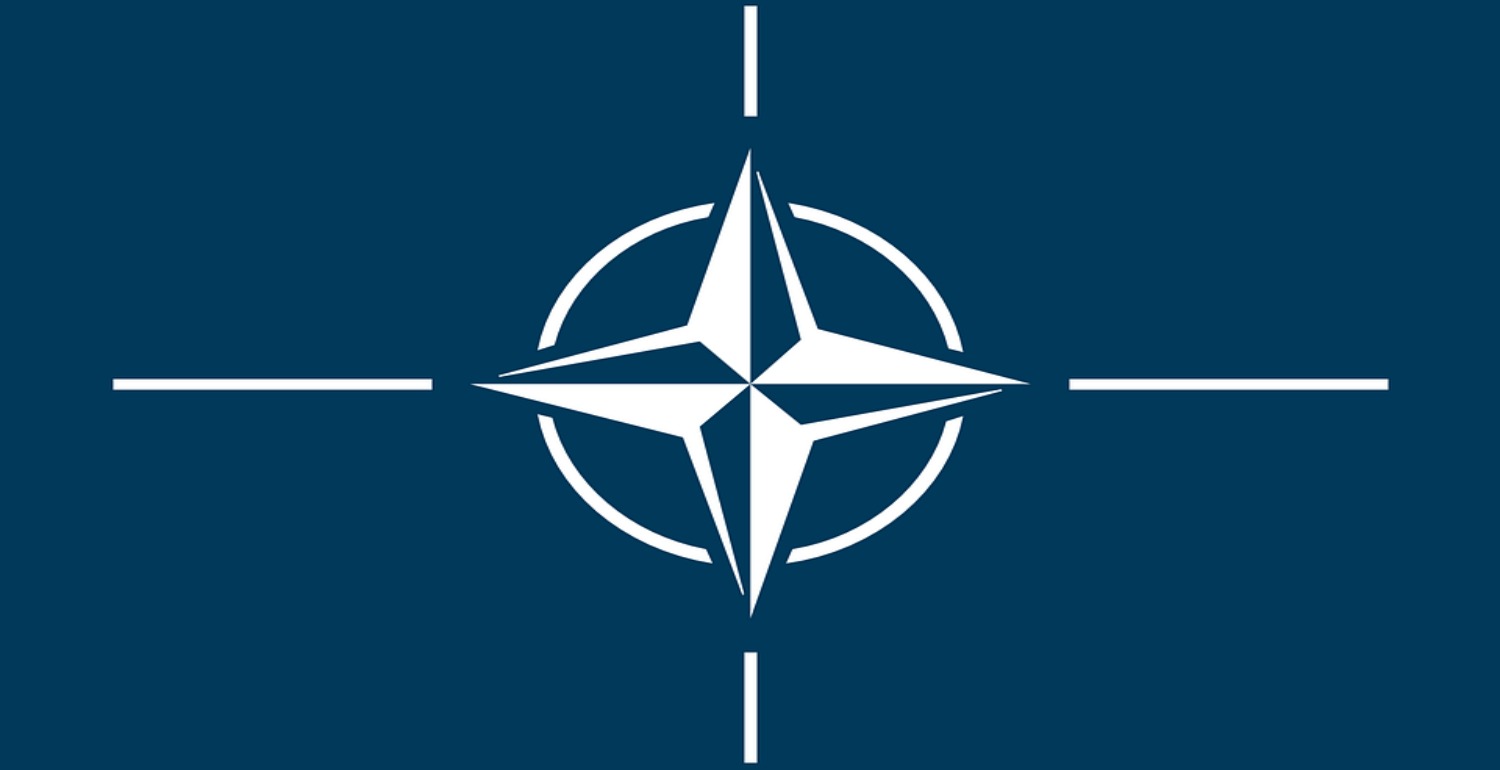The Commission held a series of three public hearings on Human Rights and the Process of NATO Enlargement in anticipation of the summit of Heads of State and Governments of Member States of the North Atlantic Treaty Organization to be held in Madrid, Spain, on July 8 and 9, 1997.
The emergence of new democracies in Central and Eastern Europe and the demise of the Warsaw Pact created a security vacuum in the territory between the current eastern frontier of NATO and the Russian border. The first attempt to address the new security realities in the region occurred at the end of 1991 with the establishment of NATOs North Atlantic Cooperation Council (NACC) as a forum for the evolution of a new relationship based on constructive dialogue and cooperation. In early 1994, the Partnership for Peace (PfP) was launched with the aim of providing a practical program to transform the relationship between NATO and states participating in PfP, moving beyond dialogue and cooperation to forge a genuine security partnership. (All 27 states of the Partnership for Peace (PfP) are OSCE participating States.) Simultaneously, NATO began to consider the possibility of enlarging the Alliance. The result was the 1995 Study on NATO Enlargement which addressed practical steps and requirements candidates for membership would have to satisfy. In December 1996, NATO foreign ministers called for a NATO summit at which one or more countries that wanted to join NATO would be invited to begin accession negotiations.
The U.S. Congress was instrumental in stimulating the debate through several legislative initiatives. The NATO Participation Act of 1994 (PL 103-447) provided a reasonable framework for addressing concerns about NATO enlargement, consistent with U.S. interests in ensuring stability in Europe. The law lists a variety of criteria, such as respect for democratic principles and human rights enshrined in the Helsinki Final Act, against which to evaluate the suitability of prospective candidates for NATO membership. The Act stipulates that participants in the PfP should be invited to become full NATO members if they… remain committed to protecting the rights of all their citizens…. Under section 203, a program of assistance was established to provide designated emerging democracies with the tools necessary to facilitate their transition to full NATO membership.
The NATO Enlargement Facilitation Act of 1996 (PL 104-208) included an unqualified statement that the protection and promotion of fundamental freedoms and human rights are integral aspects of genuine security. The law also makes clear that the human rights records of emerging democracies in Central and Eastern Europe interested in joining NATO should be evaluated in light of the obligations and commitments of these countries under the U.N. Charter, the Universal Declaration of Human Rights, and the Helsinki Final Act.









